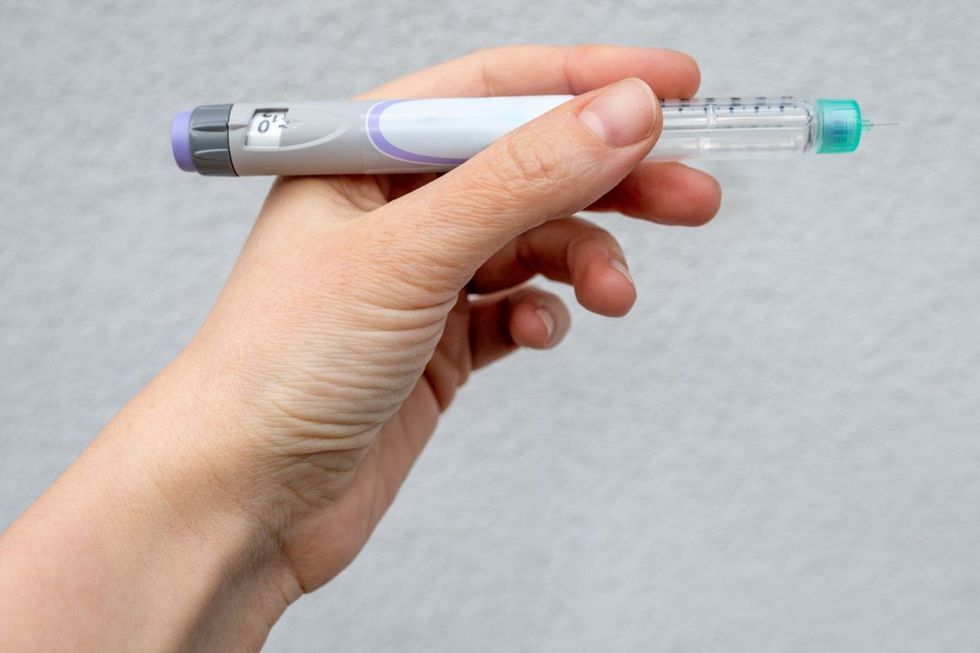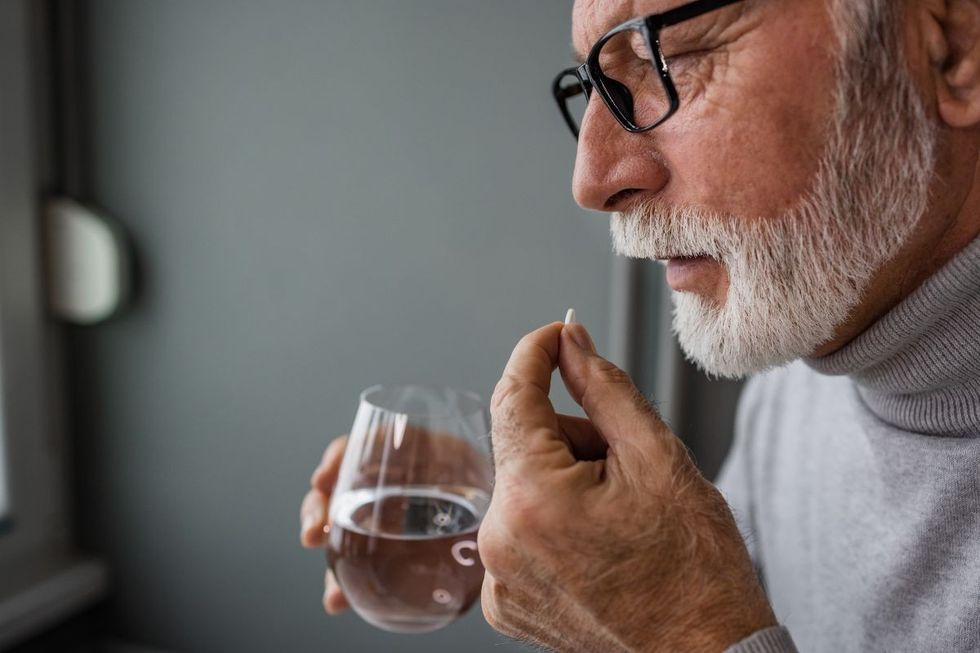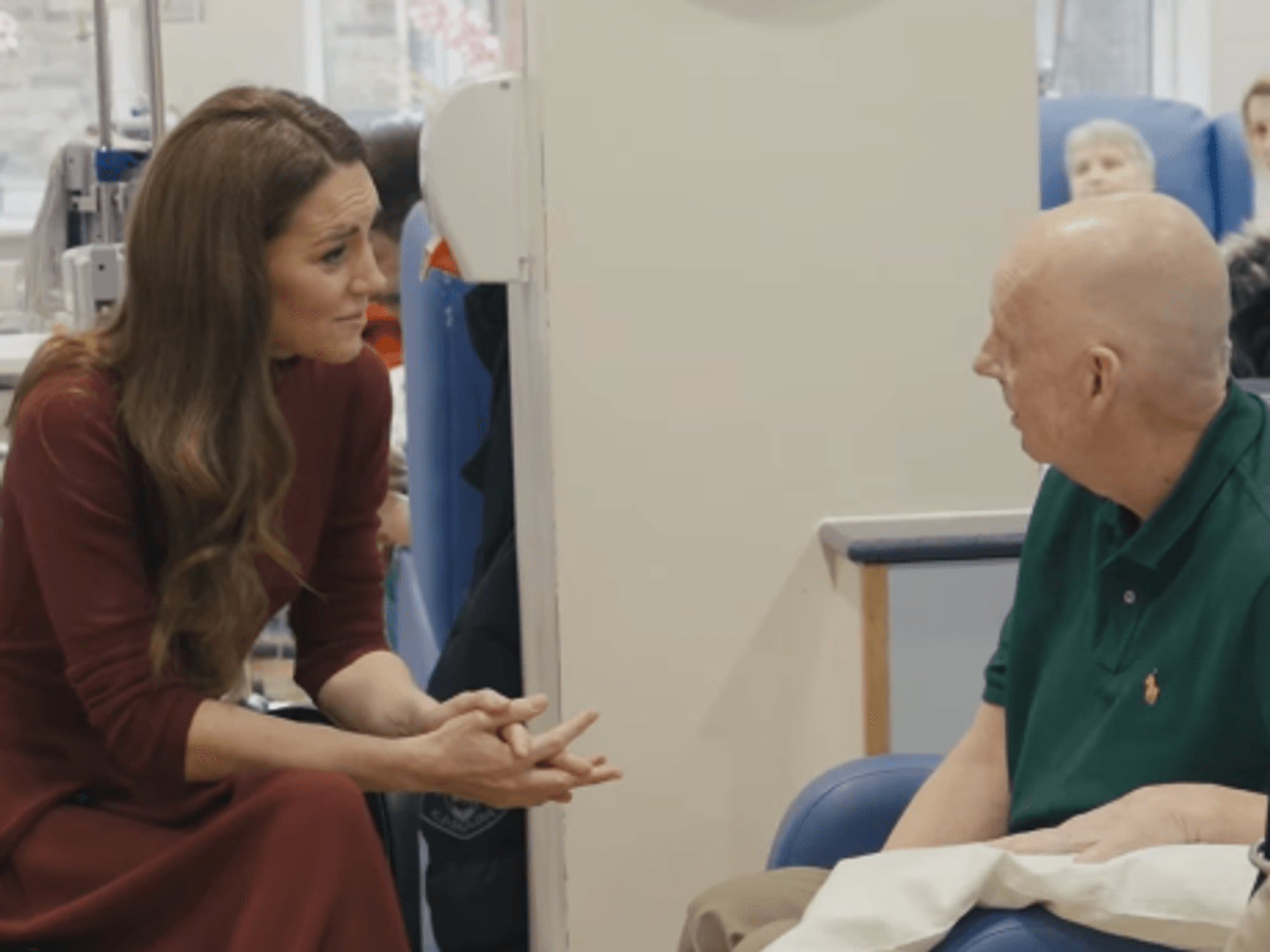Pill for hair loss and arthritis shows promise in delaying diabetes progression in hope to thousands

The daily pill could help patients with type 1 diabetes become significantly less dependent on insulin treatment
Don't Miss
Most Read
A common pill that people take for arthritis and hair loss could help those living with type 1 diabetes keep producing their own insulin for longer.
Australian researchers have found that Baricitinib, which people already use for conditions like rheumatoid arthritis, can protect the cells in the pancreas that make insulin.
The breakthrough trial followed 91 people who'd just been diagnosed with type 1 diabetes. Those who took the daily 4mg pill needed less insulin and had better blood sugar control than those on a placebo.
This brings hope to the 270,000 people in England living with this chronic condition.
TRENDING
Stories
Videos
Your Say
The drug works by blocking signals that cause the immune system to go into overdrive and attack healthy cells.
Dr Michalea Waibel from St Vincent's Institute of Medical Research in Fitzroy explained: "For the first time, we have an oral disease-modifying treatment that can intervene early enough to allow people with type 1 diabetes to be significantly less dependent on insulin treatment and provide time free from the demands of the disease's daily management, and which could also lower rates of long-term complications."
During the 48-week trial, people taking Baricitinib showed better insulin production and more stable blood sugar levels.
But when people stopped taking the pill, their diabetes started getting worse again.

There are 270,000 people in England living with type 1 diabetes
|GETTY
The follow-up results, presented at the European Association for the Study of Diabetes meeting in Vienna, showed that insulin production dropped once treatment ended.
At 48 weeks, those on Baricitinib had C-peptide levels of 0.65 compared to 0.43 in the placebo group. After stopping the drug, however, these levels fell to 0.49 at 72 weeks and 0.37 at 96 weeks.
People who'd stopped taking the pill needed just as much insulin as those who'd never taken it at all.
The good news is that researchers hope the drug could be available for diabetes within five years.
LATEST DEVELOPMENTS

Baricitinib can protect the cells in the pancreas that make insulin
|GETTY
Dr Waibel added: "If we can identify people at high risk of developing type 1 diabetes with genetic tests and blood markers, they could be offered treatment even earlier to prevent the disease from taking hold in the first place."
She's optimistic that bigger trials will start soon, both for people who've just been diagnosed and those who might develop the condition.
What's more, no safety concerns popped up during the follow-up period, which is reassuring for future use.
Our Standards: The GB News Editorial Charter











